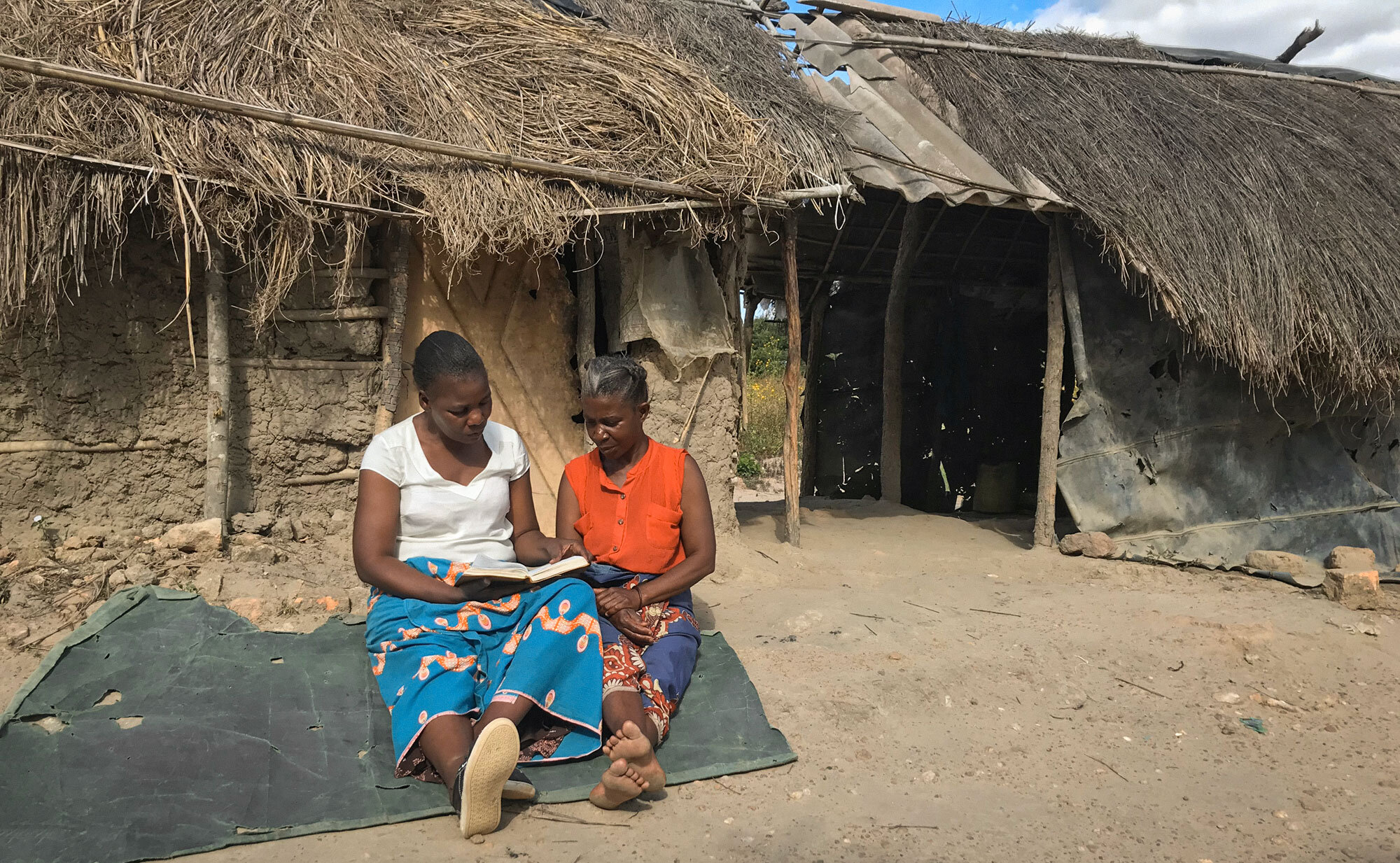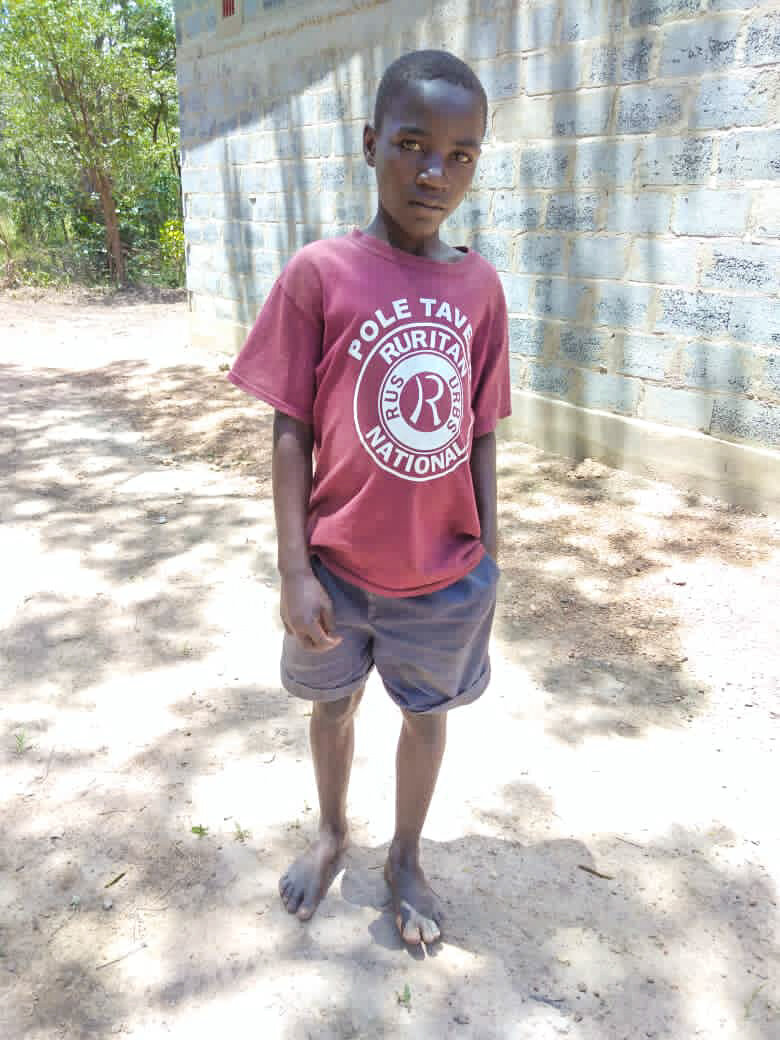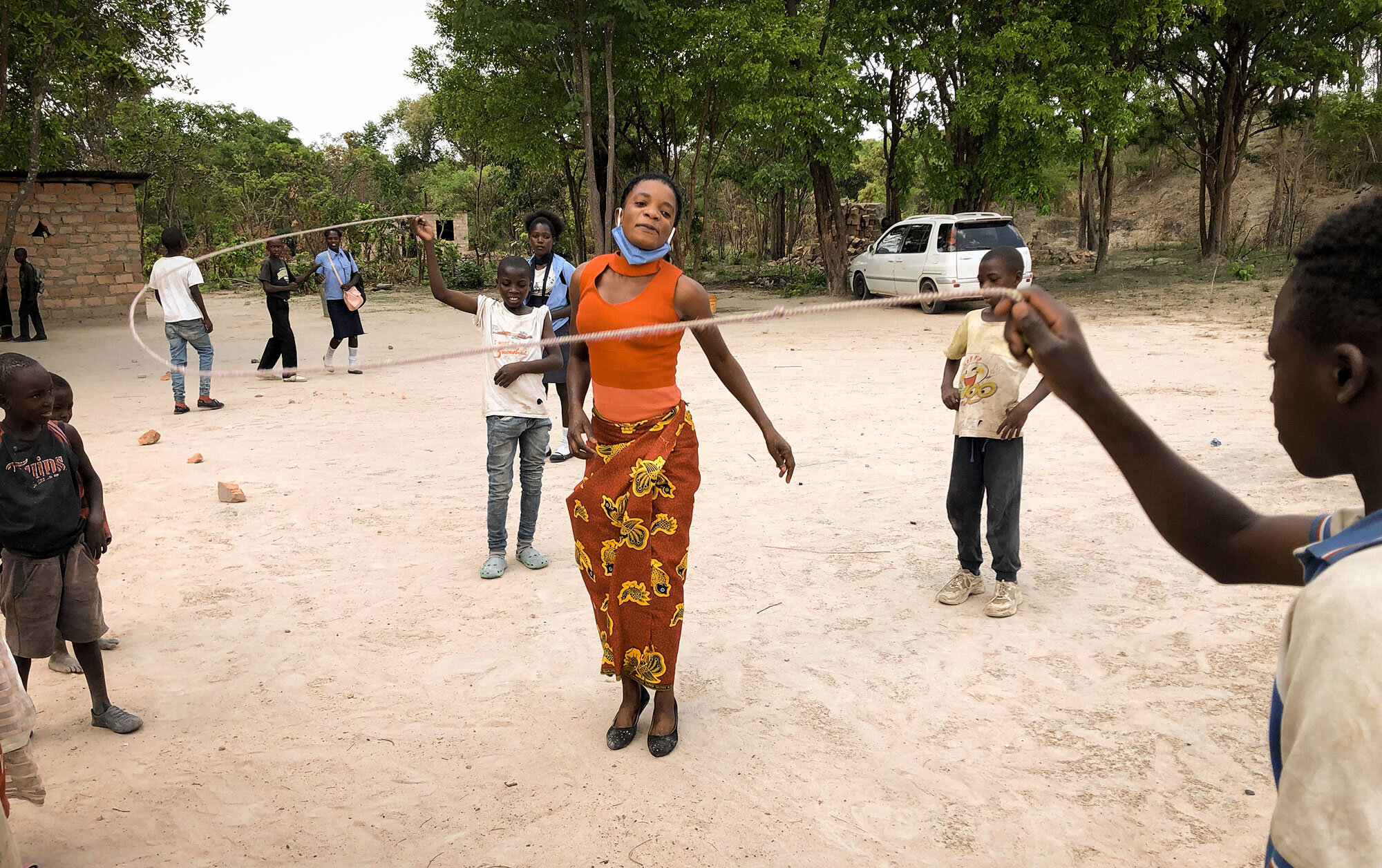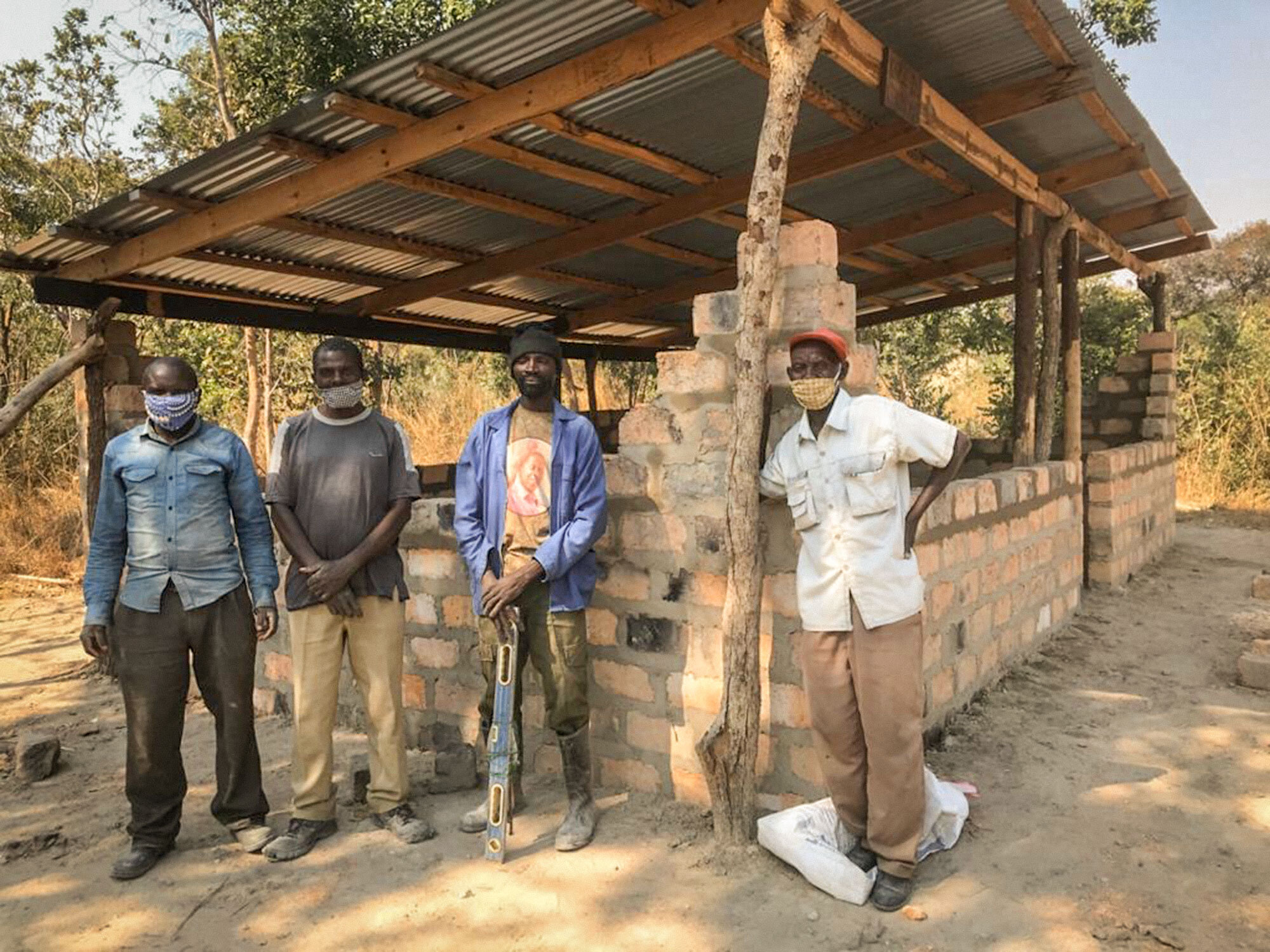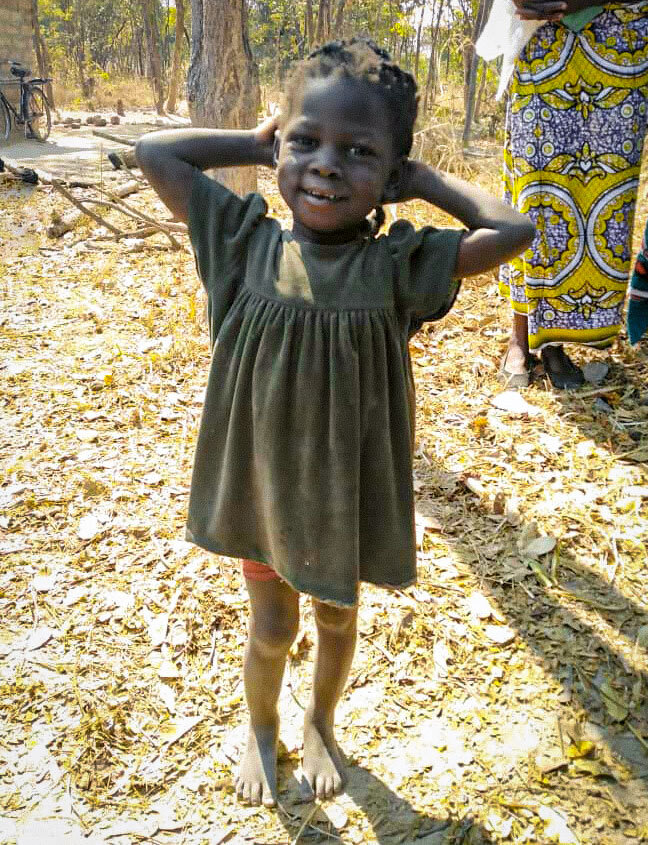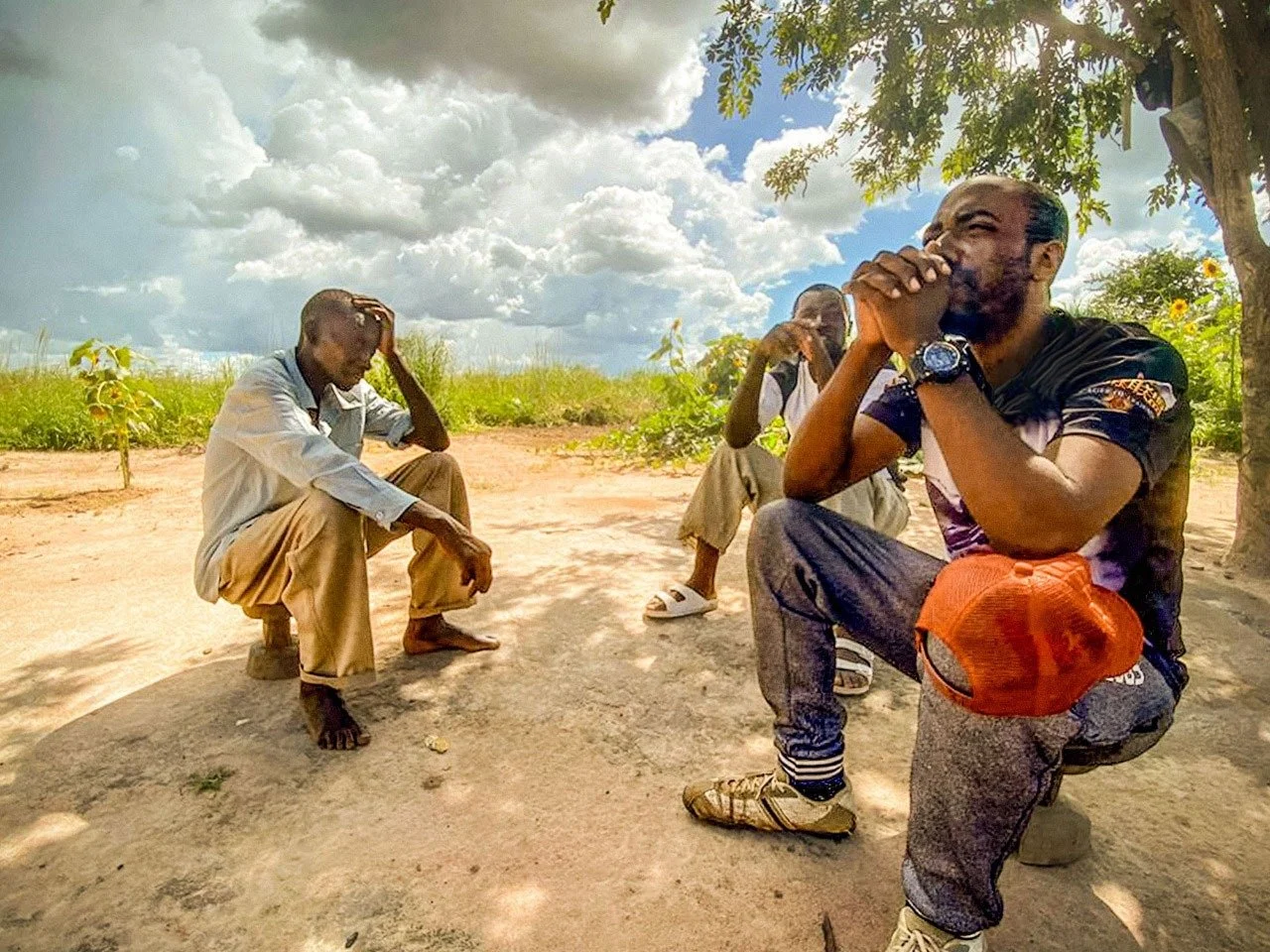The Story of Kalende Community
Frederick moved to the small community of Kalende in the late 1990s to farm and settle down with his family. Home to approximately 1,200 people, there is no government school or clinic in Kalende, meaning that individuals must travel 14km to the nearest town for these facilities. As Frederick got to know the community better, he noticed many school-aged children were not being educated and were instead working in the fields for farming. Frederick’s heart was touched by the situation in Kalende and he felt challenged to teach and care for the vulnerable children. In 2001, his church gathered 45 children together under a tree and Kalende Community School began. In the same year, a church in Kalende provided a plot of land and construction began to build a school building. By 2006, the school was able to accommodate 65 children in grades 1 to 4.
125 Children currently supported
23 Care Workers Coordinated by Bernard
Basic Services Started in 2011
25 KM from the Luanshya Local Office
In 2004, Frederick and his volunteers approached Hands at Work after hearing how they had partnered with a nearby community. In 2007, Hands at Work began officially partnering with the Kalende Community School. By 2010, the school developed into the Kalende Community Based Organisation (CBO), desiring to expand beyond just offering an education. Hands at Work encouraged Frederick to share the vision with the local churches, to see them unite as Christ’s body to care for the community’s most vulnerable children. This resulted in a team of volunteer Care Workers being mobilised and equipped to do Holy Home Visits and care holistically for those children that had been identified as the poorest of the poor.
In 2019, the leadership of the Kalende CBO underwent a process of restructuring, which consisted of a period of no official coordinator. During this time, Bernard, an existing Care Worker, began to stand out because of the ownership that he took in caring for the most vulnerable. Following some prayerful discussions, Bernard became the new coordinator. With the support of Hands at Work, the Kalende CBO now care for 150 of the most vulnerable children in their community.
For many years, Care Workers walked long distances to haul water, but a borehole constructed on the Life Centre property has ensured access to safe and clean drinking water. The Care Workers also built a small cooking structure, which was a vast improvement from their former kitchen which was located under a tree behind the school. Though the Care Workers could cook for the children in their kitchen, the need arose for a permanent Life Centre building to be constructed, allowing for holistic care provision for Kalende’s most vulnerable children to continue for years to come. Phase one of the Life Centre building was completed in 2021.
Within the Kalende CBO, a Relationship Group exists as a safe place for the Care Workers and Primary Caregivers to read God’s word, share their struggles and find reconciliation. This has resulted in much forgiveness and newfound unity forming.
The local Hands at Work team in Luanshya currently supports ten Community Based Organisations, which exist to care for the most vulnerable in their communities. The office provides training, networking, and encouragement to those Community Based Organisations like Kalende. It also gives administrative support, including helping with funding proposals, monitoring and evaluation, bookkeeping and reporting to donors.
BE INSPIRED BY UPDATES FROM KALENDE COMMUNITY
